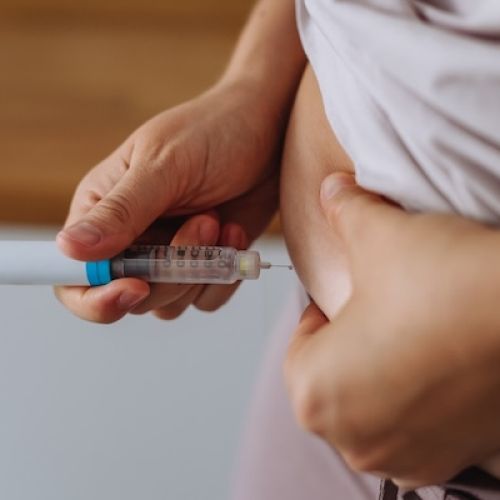What Foods Help With Fertility?

If you’re struggling with infertility, it’s natural to want to explore every possible method of improving your chances of conceiving a child. There’s no one food that can magically correct problems with infertility, but foods and lifestyle choices can have a significant impact on reproductive health, and this is true for both men and women. Spend some time considering your food choices. What foods help with fertility?
Complex Carbs
Complex carbohydrates are those that contain fiber, such as beans, whole grains, fruits and vegetables. They’re digested slowly and which means that blood sugar is affected gradually, and they help you to feel full longer. Including complex carbs in your diet is a much healthier choice than carbs that are highly processed such as white sugar and white rice. Refined carbs can cause spikes in blood sugar and insulin, and high insulin levels may inhibit ovulation.
Fruits and Vegetables
Include plenty of fruits and vegetables in your diet. Whole foods are nutrient rich and are full of vitamins and minerals that the body needs. Choose fresh or frozen vegetables whenever possible rather than canned. Asparagus and kale are especially good choices since these vegetables include important nutrients that are essential to egg quality.
Free radicals are unstable molecules that can damage cells. Excess free radicals can be produced in response to environmental stressors such as pollution and cigarette smoke, and this can lead to oxidative stress, which can negatively impact fertility. Berries such as strawberries and blueberries contain natural antioxidants, which can help to combat oxidative stress.
Seafood
Seafood that’s rich in omega-3 fatty acids such as salmon is beneficial to your overall health, including your heart health and your reproductive health. Choose wild caught salmon whenever possible to avoid high mercury levels and food dyes that may be toxic. Oysters are another example of seafood that’s loaded with nutrients that are important for being able to conceive and to have a healthy pregnancy, such as zinc, vitamin B12 and iron.
Healthy Fats
Make sure your diet includes healthy fats from sources such as avocados, nuts and olive oil. Healthy fats can help to reduce inflammation, which may help to improve fertility. Monounsaturated fats from plant sources may lead to improved results from IVF.
Some fats aren’t as healthy as monounsaturated fats. Trans fats found in processed foods, margarine and French fries can have a negative effect on your health, and when trans fat intake is too high, it may contribute to infertility. Limit your intake of trans fats and whenever possible, replace trans fats with healthier fats such as canola oil, corn oil or olive oil.
Making healthy food choices is one thing you can do to try to help improve your fertility, but keep in mind that there are many possible causes of infertility and not all of them can be corrected with making better lifestyle choices. Reach out to the fertility experts at the Center for Reproductive Health to learn more about what foods help with fertility and to give yourself the best chance of having a successful pregnancy.




